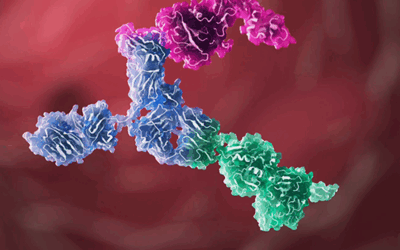In vivo studies, such as pharmacokinetics (PK) and absorption, distribution, metabolism and excretion (ADME), are critical to your compound’s vitality as you prepare for regulatory submission.
Knowing when these studies should be completed can often be a pressure point for drug developers. The design of your in vivo studies should be tailored specifically to your drug, but understanding the key requirements is essential in order to avoid under– or over–testing. Variations in analytical activities or deliverables can occur if a drug developer performs these studies earlier on, during the IND-enabling phase, compared to waiting until post-IND for a full, definitive package of studies.
Alfred Lordi, Director of Preclinical Services at WuXi AppTec Laboratory Testing Division, elaborates on this step in your compound’s program during his latest webinar titled, ‘In Vivo PK/ADME Studies —Positioning, Planning and Best Practices.’
Lordi discusses some of the most pressing questions drug developers have, including:
- Why are these studies needed?
- What are the driving requirements?
- How are these studies designed and performed?
- When should these studies be conducted?
In addition, Lordi shares insights into the key differences between governing agencies, and what each one expects in a drug developer’s PK and ADME studies.
This webinar will provide you with the background information you need to determine the right path for your compound and its in vivo PK and ADME studies.
Follow WuXi AppTec Laboratory Testing Division on LinkedIn for industry insights and program support.
As a global company with operations across Asia, Europe, and North America, WuXi AppTec provides a broad portfolio of R&D and manufacturing services that enable the global pharmaceutical and life sciences industry to advance discoveries and deliver groundbreaking treatments to patients. Through its unique business models, WuXi AppTec’s integrated, end-to-end services include chemistry drug CRDMO (Contract Research, Development and Manufacturing Organization), biology discovery, preclinical testing and clinical research services, helping customers improve the productivity of advancing healthcare products through cost-effective and efficient solutions. WuXi AppTec received an AA ESG rating from MSCI for the fourth consecutive year in 2024 and its open-access platform is enabling around 6,000 customers from over 30 countries to improve the health of those in need – and to realize the vision that “every drug can be made and every disease can be treated.”


